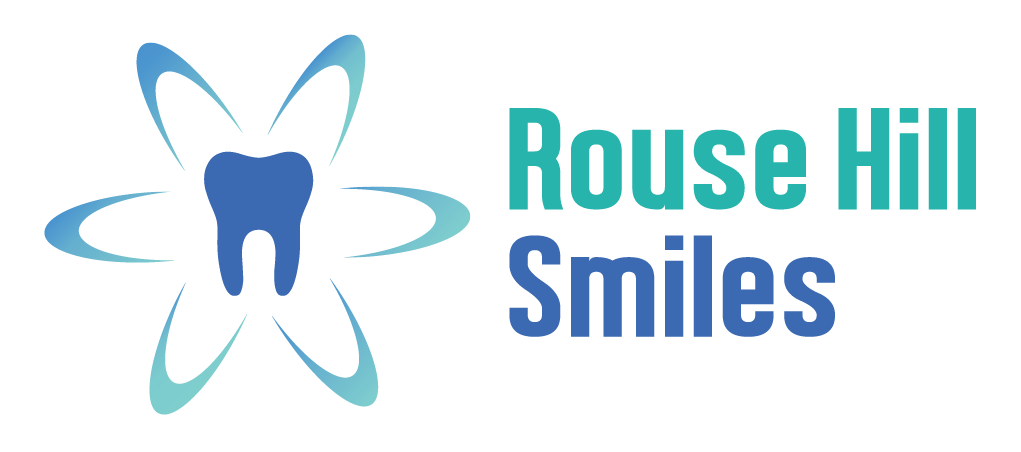Mononucleosis – The Kissing Disease
Have you ever heard of the “kissing disease”? If so, you have heard of infectious mononucleosis, or mono as it is more popularly known.
Mononucleosis (mono) is a viral infection that causes a sore throat and fever. It goes away on its own after a few weeks of rest.
Infectious mononucleosis, more commonly referred as mono, is a common virus that is spread through saliva. Often called “the kissing disease”, mono usually affects teenagers but anyone can get it at any age. Mononucleosis usually is caused by the Epstein-Barr virus (EBV). Most of us are exposed to EBV at some point in our life. Infants and young kids infected with EBV usually show no to very mild symptoms, but infected teens and young adults often develop the symptoms that define mono.
One of main ways a person can develop mono is by kissing someone having EBV virus. However, this is just one of the causes. The mono virus can also be spread through the following:
- Sharing a drink
- A toothbrush
- A utensil
- Lip balm or lipstick
- Sexual contact
People who’ve been infected carry the virus for life, even if they have no symptoms. The virus at that time is dormant or inactive but it can be contagious from time to time over the course of their life.
Mono usually affects young adults 15 to 24 years old, but the virus can infect people of all ages. Its symptoms usually start to appear four to six weeks after the exposure to the virus. If you become sick with mono, expect to have a severe sore throat with white patches on your tonsils. Other symptoms may include:
- High fever
- Sore throat
- Swollen lymph glands in the neck and armpits
- Headache
- Extreme tiredness
- Muscle weakness
- Swollen tonsils
- Night sweats
- Loss of appetite
- Sore muscles and body aches
- Swollen spleen and/or liver (only in extreme cases)
The most effective way of keeping yourself from being affected by mono is simply keeping distance from anyone sick with mono. If a friend or family member has mono, don’t kiss, share eating utensils, or come in close contact with them until they are healthy again.
Our Principal Dentist
Dr. Teena and the Rouse Hill Smiles team are dedicated to providing patients of all ages with the highest quality of care.

Dr. Teena Bali
Dentist
Quick Contacts
- Rouse Hill Plaza G07-G08, 2-4 Aberdour Avenue Rouse Hill, NSW 2155
- enquiries@rousehillsmilesdentalcare.com.au
- (02) 8320 0548







